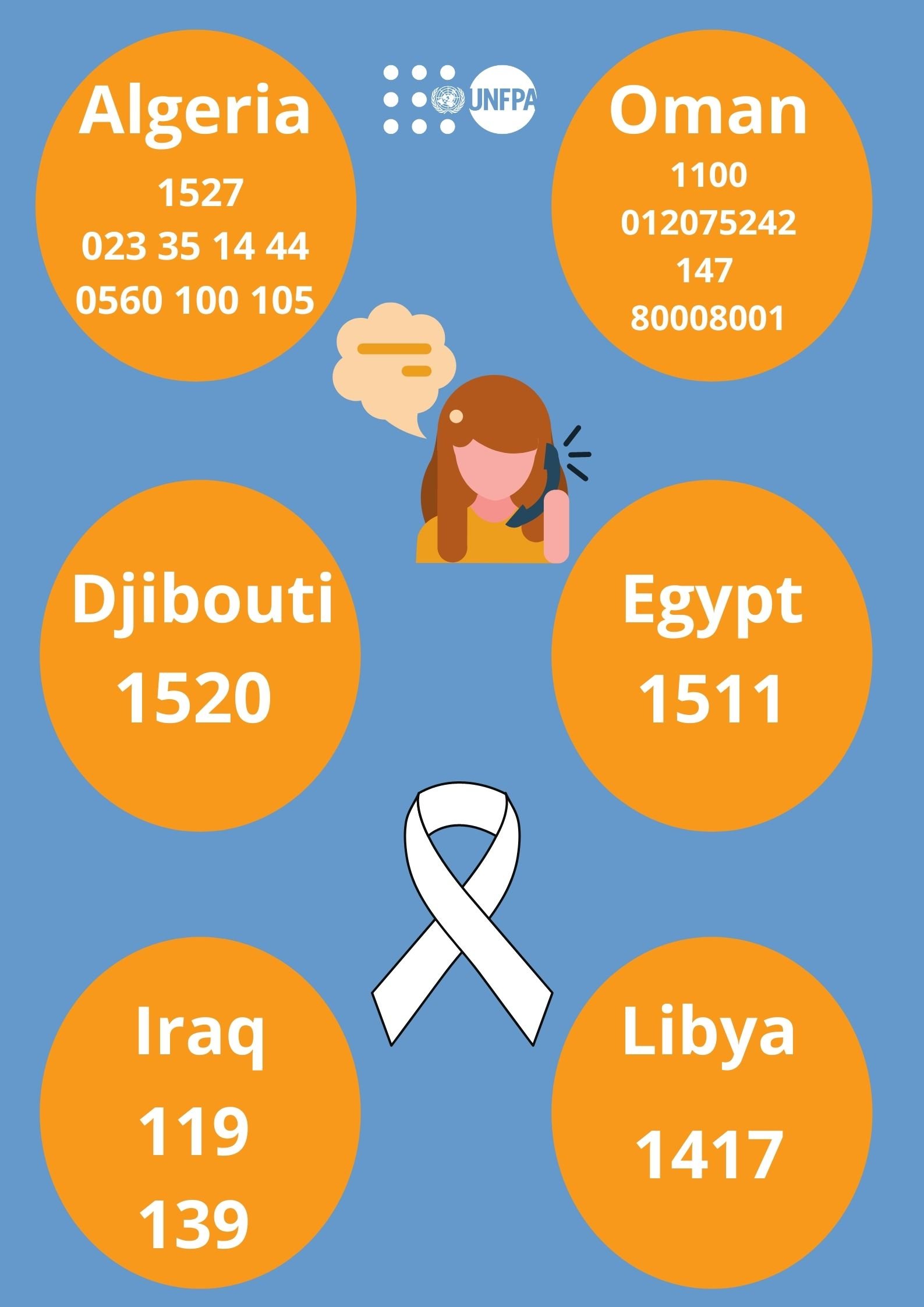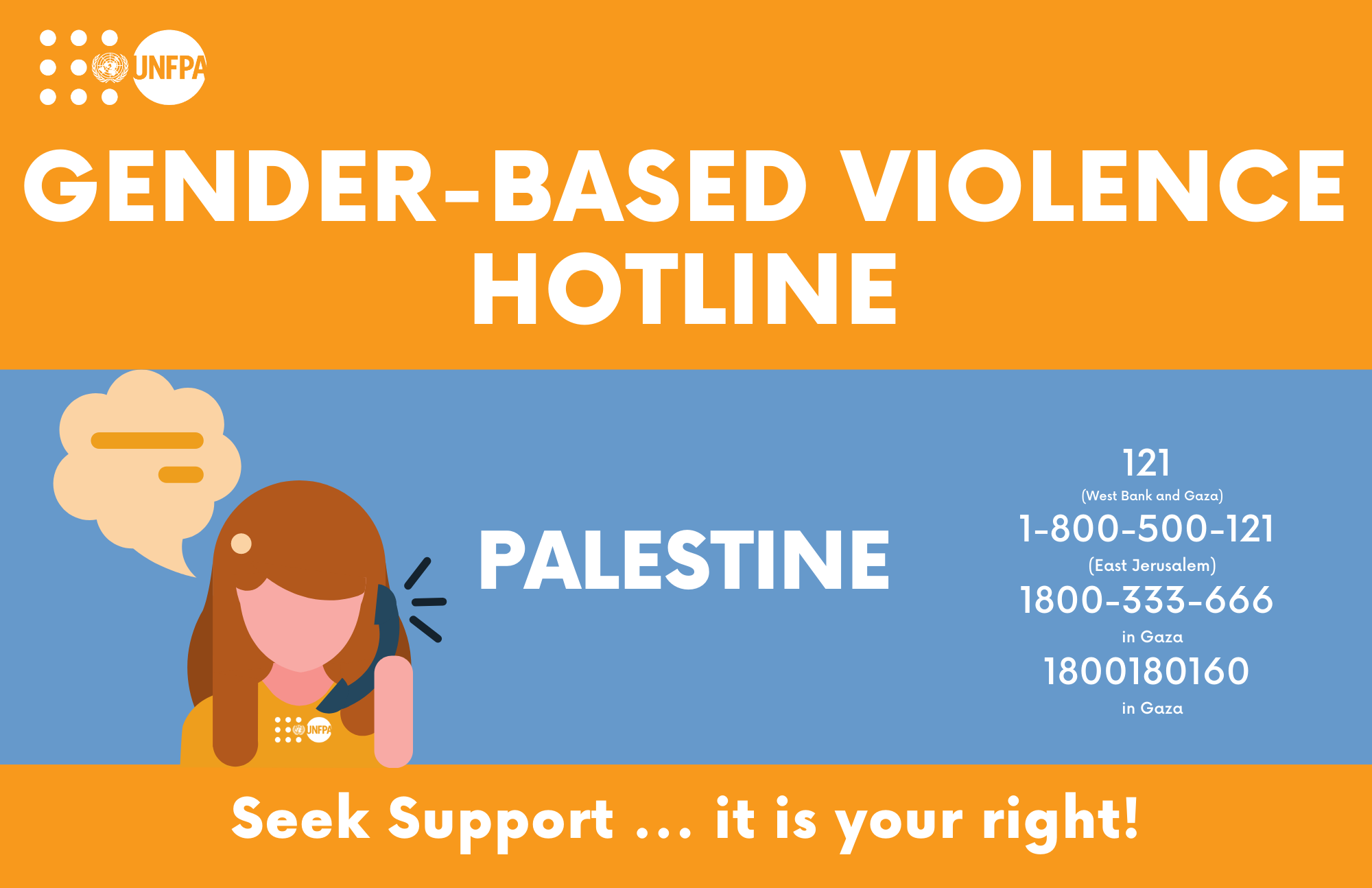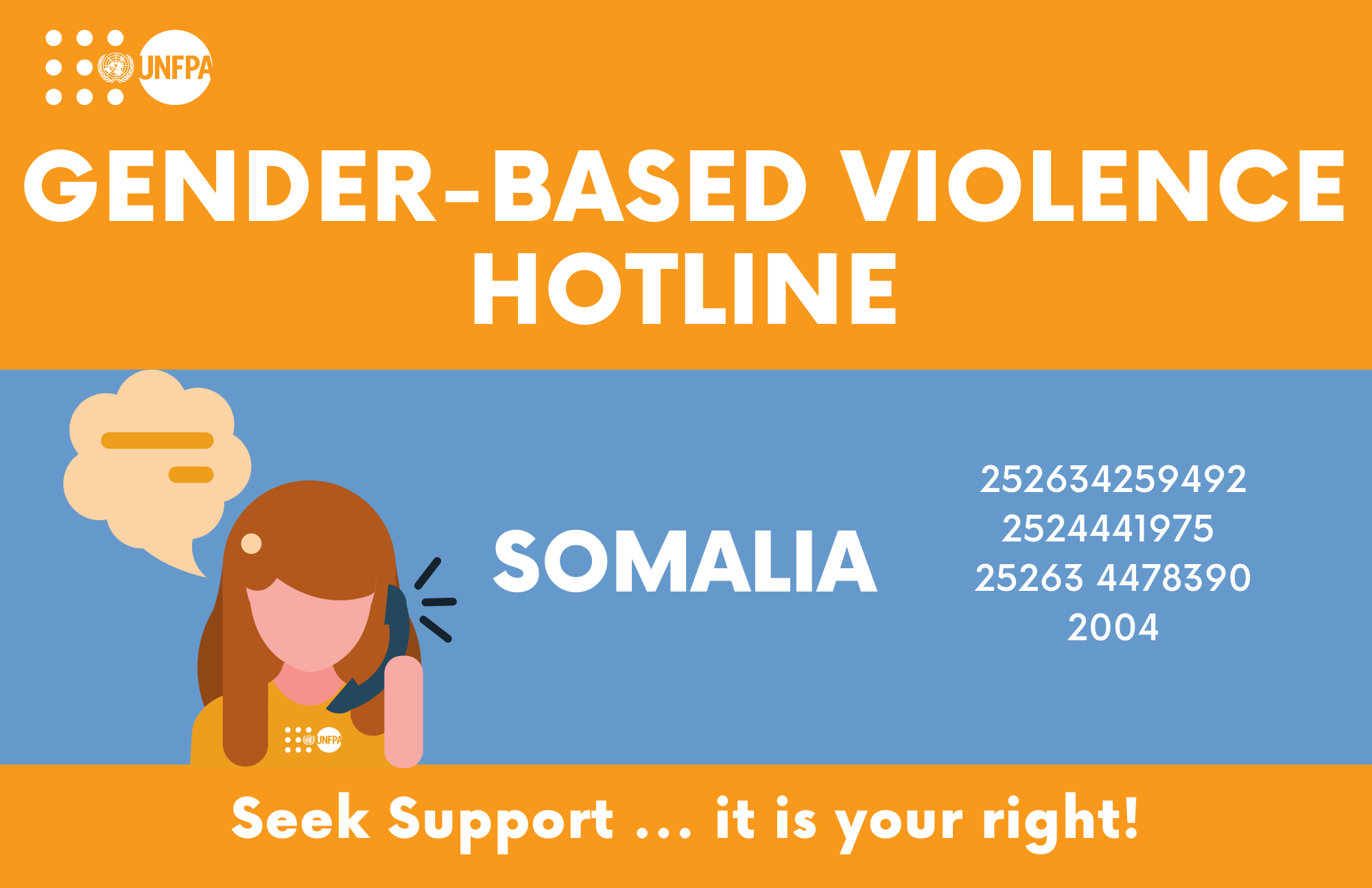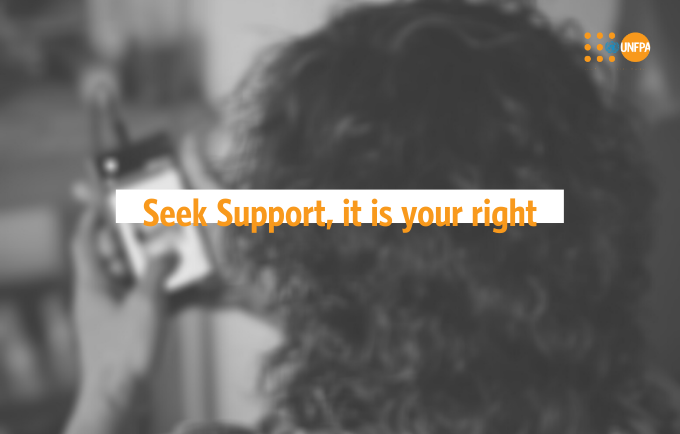What is GBV?
Gender-based violence undermines the health, dignity, security and autonomy of its survivors, yet it remains shrouded in a culture of silence. Survivors of violence can suffer sexual and reproductive health consequences, including forced and unwanted pregnancies, unsafe abortions, traumatic fistula, sexually transmitted infections including HIV, and even death.
Gender-based violence (GBV) is violence committed against a person because of their gender and is rooted in unequal power relations between men and women. While men and boys can also be affected, women and girls are the most frequent targets because of social norms and beliefs that perpetuate their second-class social status. GBV occurs in peacetime, during and after armed conflicts and in the context of natural disasters.
Among the vulnerability factors are: age, displacement status, disability, sexual orientation etc. Acts of GBV violate a number of universal human rights protected by international instruments and conventions.

Alphabet soup:
Over the years, we have used other terms interchangeable with GBV. Some of the terms are violence against women (VAW), sexual and gender based violence (SGBV), violence against children (VAC), sexual violence (SV), and sexual exploitation and abuse (SEA).
Humanitarian Context:
The humanitarian crisis, and its impact on gender and family dynamics, exacerbates GBV in all its forms, including sexual violence, intimate partner violence, FGM and child marriage.
During humanitarian situations, such as armed conflict, natural disasters, or public health emergencies, like the ongoing COVID-19 pandemic, institutions and systems for physical and social protection may be weakened or destroyed. Police, justice, health, education, and social services are often disrupted; many people flee, and those who remain may not have the capacity or freedom to work.
Currently, the Arab states region is home to some of the most devastating humanitarian crises, in human history.
With the addition of a global pandemic to the above, the situation is worsening throughout the world and the region. Numbers reflect an alarming increase in numbers of domestic violence, child marriage, and other harmful practices. Child marriage, female genital mutilation, and domestic violence are the most common forms of GBV in the region.
Humanitarian situations, natural and conflict-related, exacerbate existing vulnerabilities of women and and girls to various forms of violence, exploitation and abuse.
Depending on the context, emergencies have an impact on women, girls, boys, and men. They face different risks and are victimised in different ways.
Children in emergencies may be at particular risk of GBV given their level of dependence, their limited ability to protect themselves, and their limited power and participation in decision-making processes. Adolescent girls and young women may be specifically targeted for sexual violence during armed conflict.

UNFPA Cares
UNFPA is one of the UN's lead agencies working to further gender equality and women’s empowerment, and to address the physical and emotional consequences of gender-based violence. UNFPA’s programmes offer psychosocial assistance, medical treatment and rape kits to survivors, and promote the right of all women and girls to live free of violence and abuse.
UNFPA works with governments and other partners to end GBV by providing support, training, capacity building, and more. It is part of our vision for 2030 to see a world with zero gender-based violence, including harmful practices.
ًWe support survivors of violence to seek specialized support services in different sectors, including the health, justice and police and social sector. Telephone hotlines are often the first point of contact for survivors of GBV seeking support and an important tool to make services accessible. Establishing specialized telephone hotlines has therefore proven a successful approach in responding to GBV and supporting survivors.



